|
0 Comments
You can download the file, or view the images following
WMTA Shares these commentaries, without taking a position unless otherwise noted, to bring information to our readers
To view the archives of the Tax Foundation of Hawaii's commentary click here. Weekly Commentary For the Week of September 17, 2017 Legislature with U R Missing By Tom Yamachika, President This week, I was inspired by a sign on the First Baptist Church on Pensacola Street here in Honolulu. Their sign read, "CH _ _ C H – what's missing? U R !" If you take away "U R" from "CHURCH," you are left with "CHCH," which isn't even a word. Apparently, the point there is that the church isn't a church, and in fact has no meaning, without the people participating in it. Now, what happens if we apply that same concept to "LEGISLATURE"? "U R" missing from "LEGISLATURE" yields "LEGISLATE," which means "to make laws." This is quite different from the situation with “CHURCH,” because the remaining letters do have a meaning. And that meaning is significant. Why? You don't need the people's participation to legislate. Legislatures don’t have a monopoly on legislating. Kings and tyrants do it too. The Law of the Splintered Paddle, a legacy of King Kamehameha the Great here in Hawaii, is a very famous law here, now enshrined in the Hawaii Constitution at Article IX, section 10. That law was not voted on by a house, or senate. It was decreed. By one person. A legislature, which is one of the key components of our form of government, also legislates. But there is supposed to be ample opportunity for public participation, because those who framed our system of government believed that this participation was indispensable to the process of legislating. Lawmakers get input from those with many different viewpoints and backgrounds, including watchdog groups like the Tax Foundation of Hawaii. That input and those viewpoints can be used to craft better legislation. I say that there is "supposed to be" opportunity for participation because legislation doesn't always happen that way. Public participation either can be squelched or cut off by those doing the governing, or it can wither and die because we in the public don’t want to participate. If participation is limited or barred, those doing the governing become no different from the kings, dictators, and tyrants. Sometimes they do come up with good, wise, and enduring laws, as was the case with Kamehameha the Great. But sometimes those leaders have issues like unfairness and corruption, and occasionally come up with laws that serve themselves rather than their constituents. If public participation isn't there because people don't want to participate, we get to the same result. The people who are doing the legislating have fewer effective checks and balances, and it's easy for them to get used to not being held accountable. That leads to the same issues of unfairness, corruption, or self-serving legislation. What form of government would you rather have doing the legislating? Shouldn't you care about participating in the process as opposed to just being aghast when you find out the results? "LEGISLATURE." It's so much better with (when) "U R" included. |
If you wish to further discuss blog posts, please contat our office directly or contact us via Contact page.
Categories
All
|
||||||
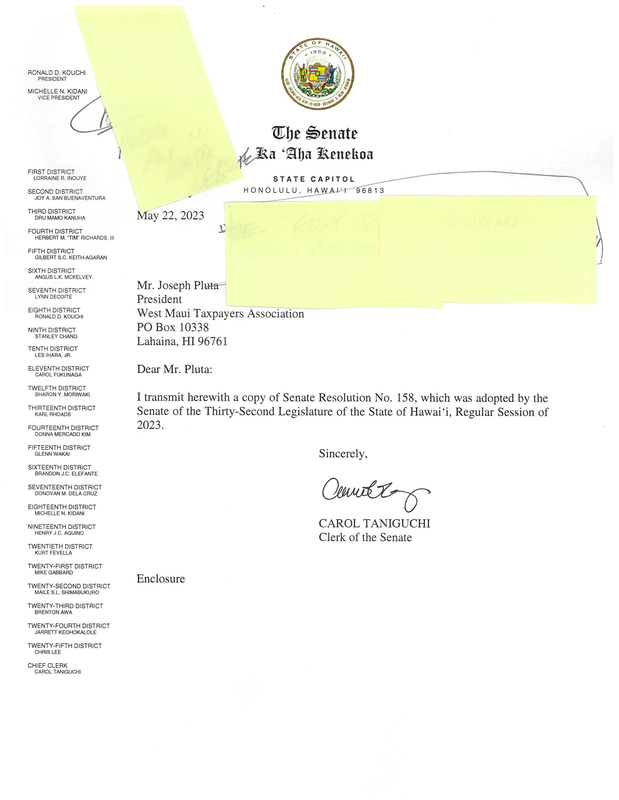
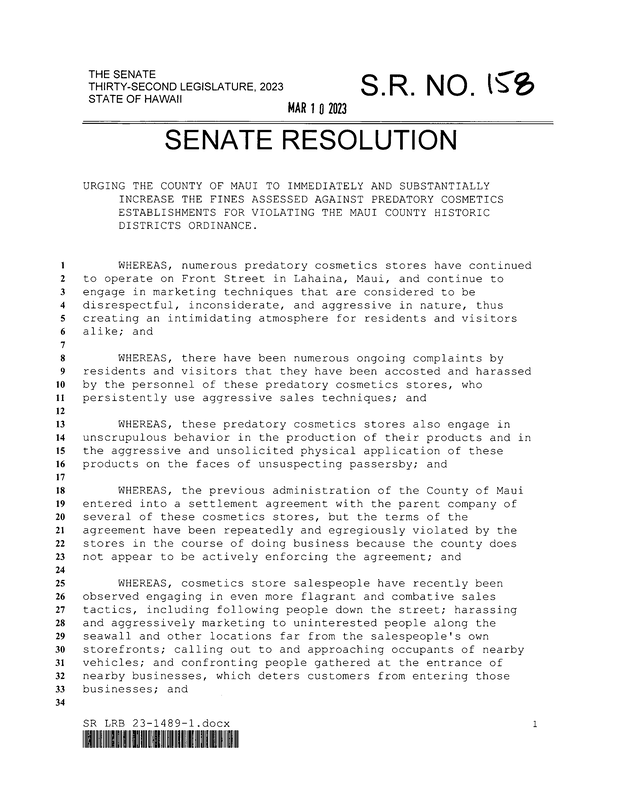
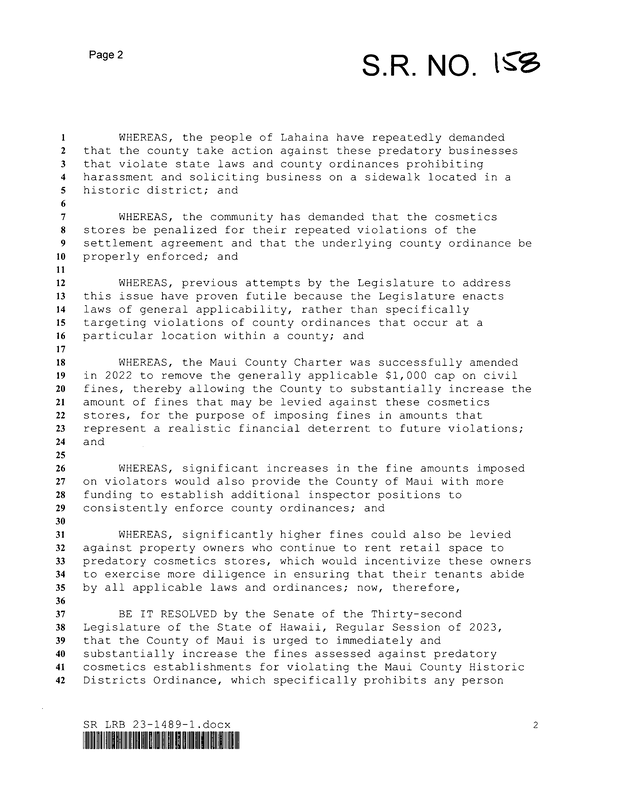
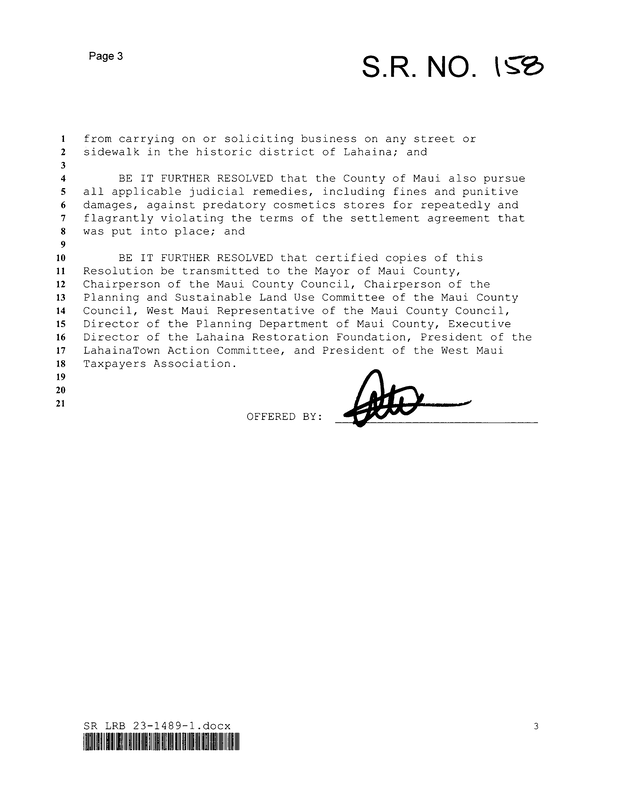
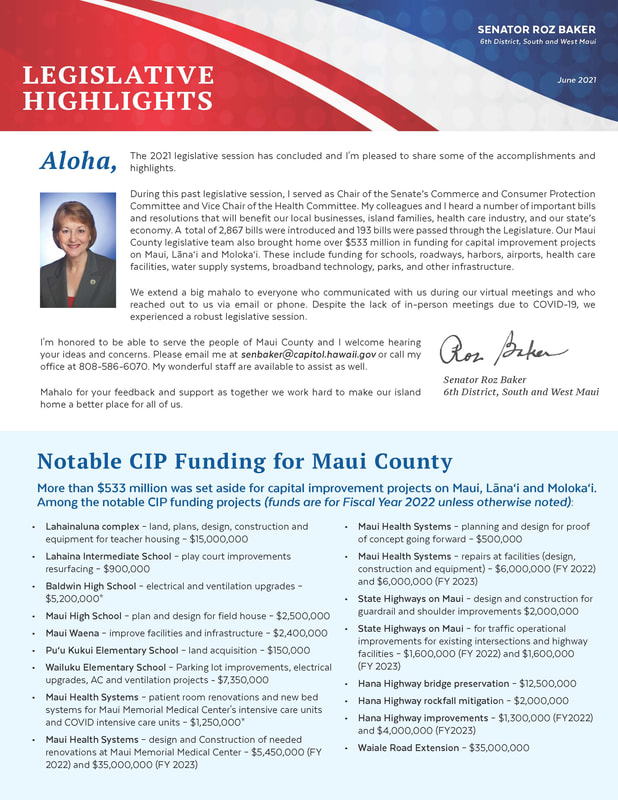
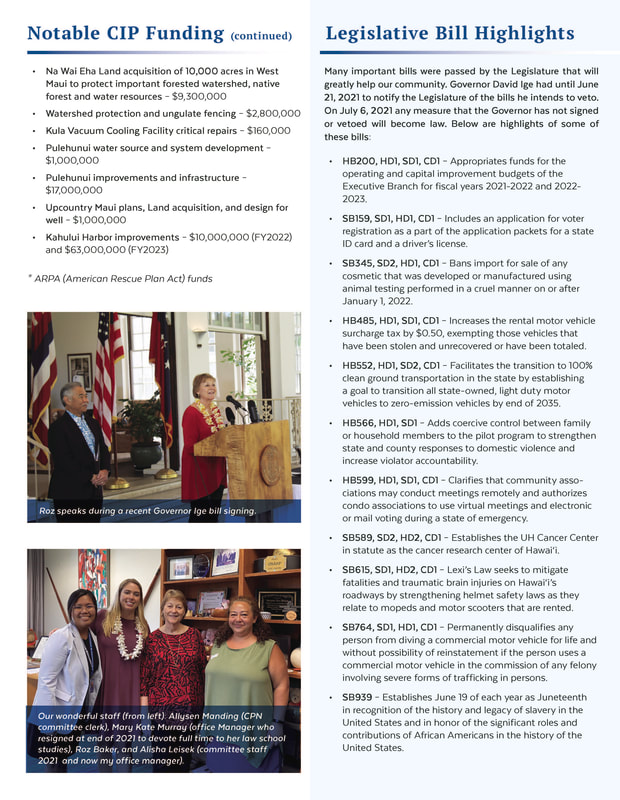
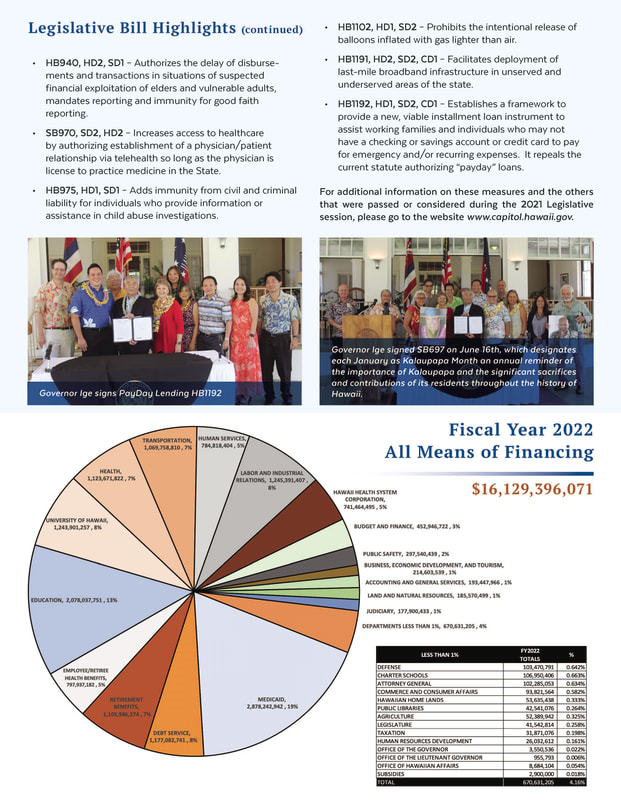
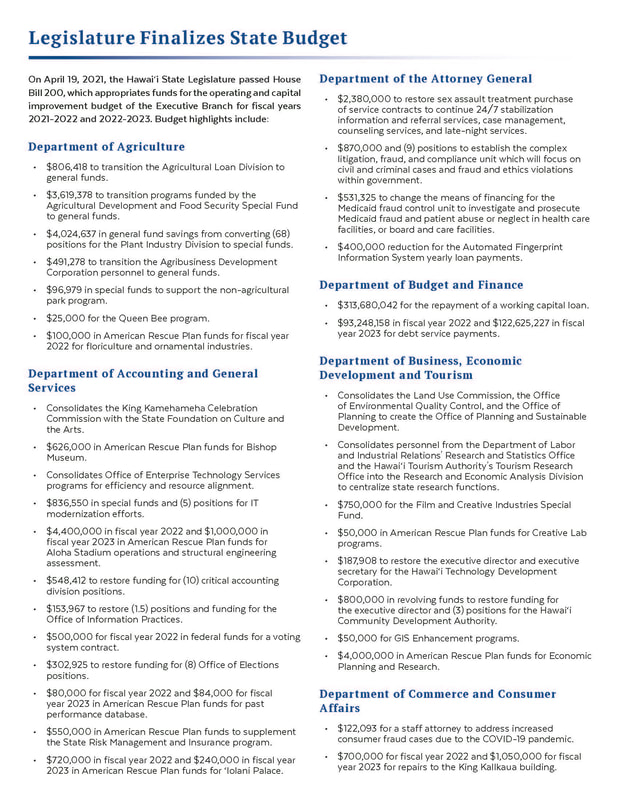
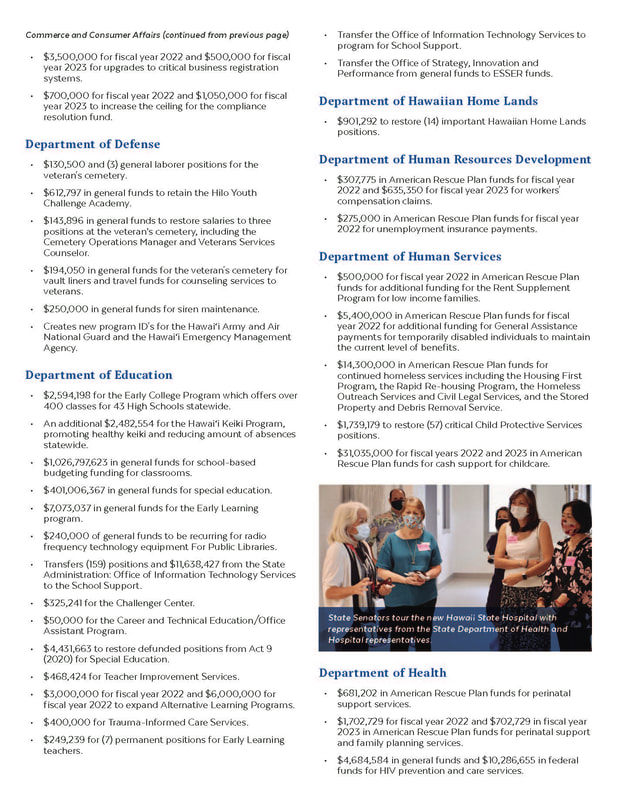
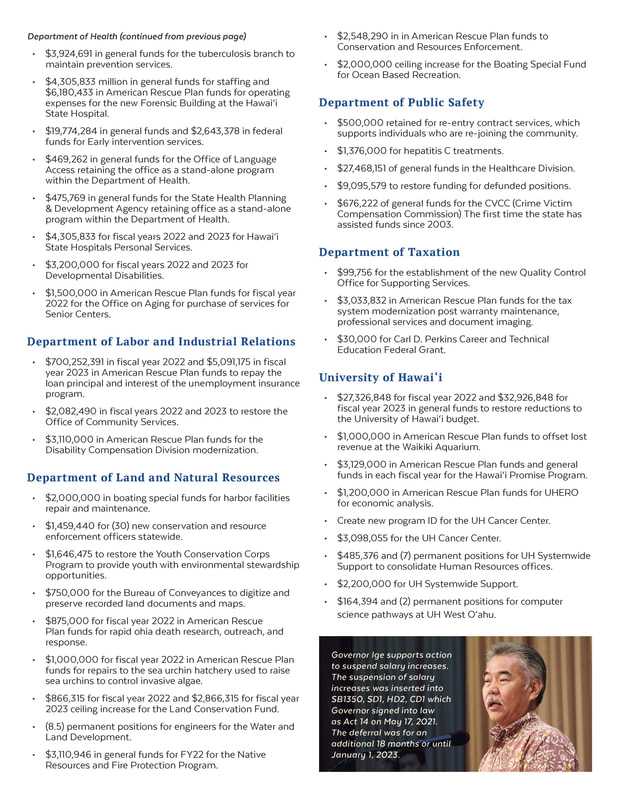
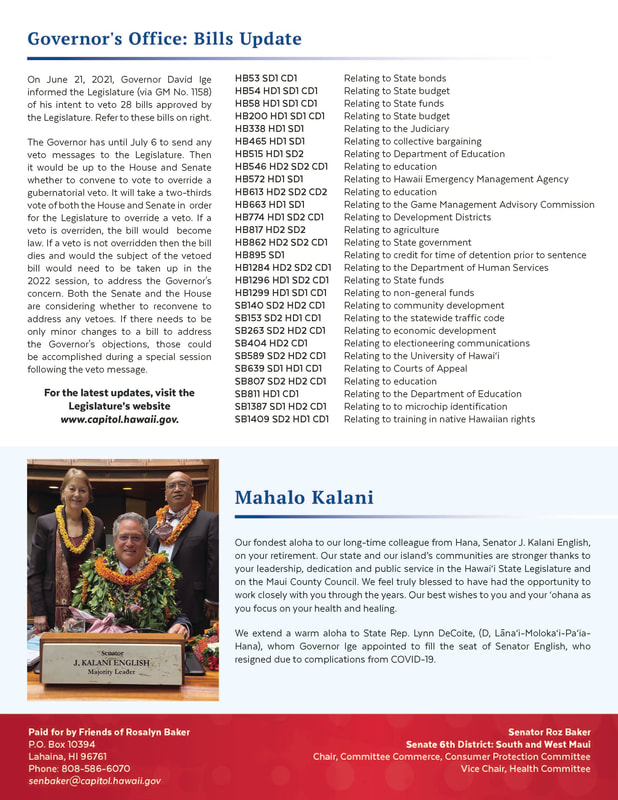

 RSS Feed
RSS Feed